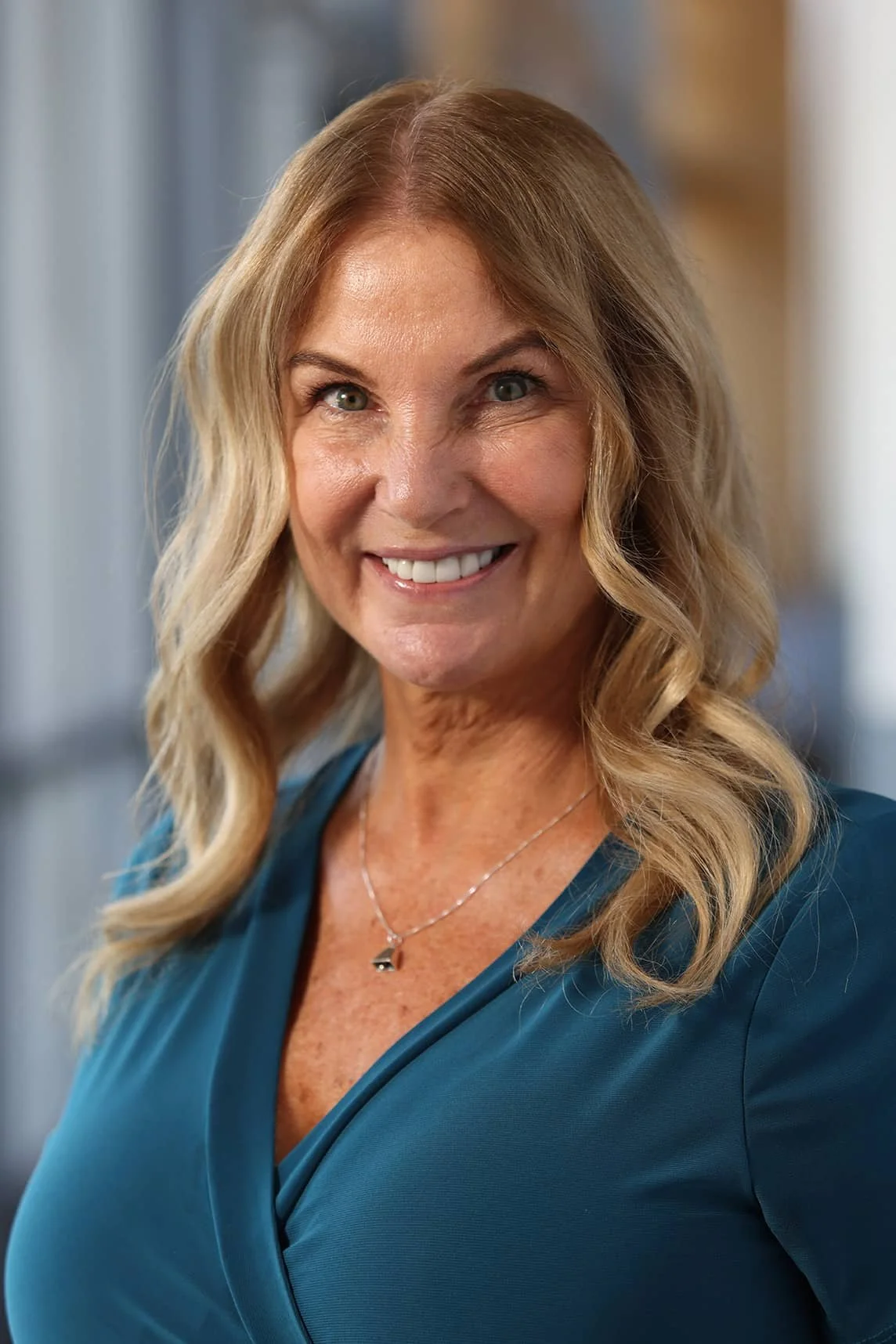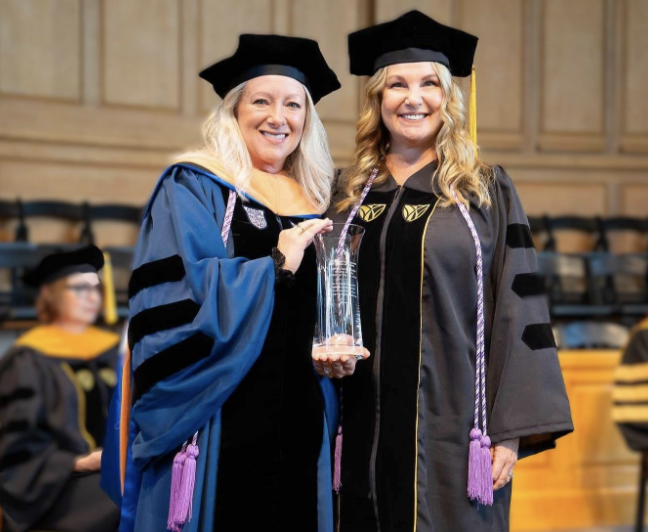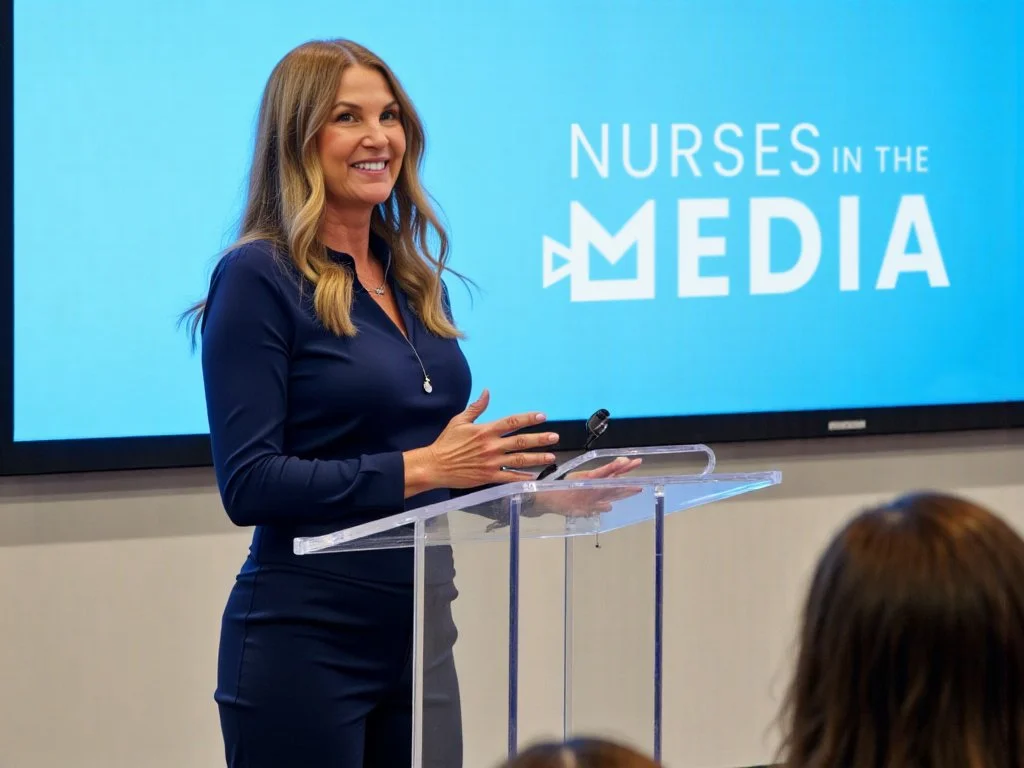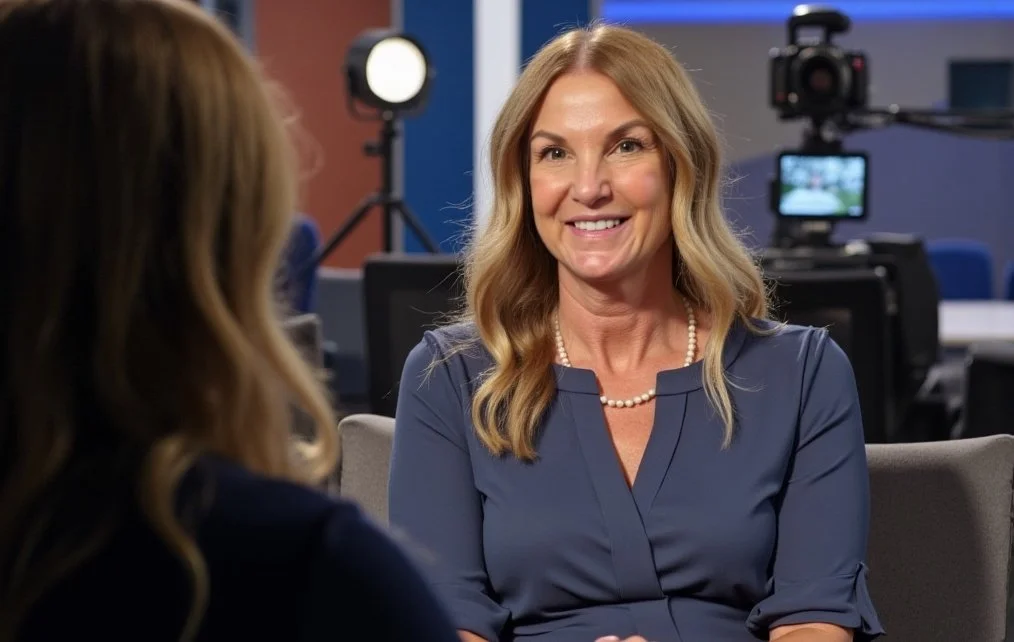
About Me
Hi, I’m Rachel, the creator behind Nurses in the Media.
Media is what first inspired me to pursue a career in nursing. Growing up in Kansas City, I would eagerly read the Sunday edition of the Kansas City Star, captivated by articles about anatomy and health conditions. When the time came to choose a career, I reflected on what truly interested me, and those articles guided my decision to become a nurse.
Fast forward to today, after more than 25 years as a registered nurse, I’m passionate about empowering nurses to use their voices effectively—especially in media spaces. My journey to this mission wasn’t linear, but it was shaped by my Doctor of Nursing Practice (DNP) work and a pivotal realization about the underrepresentation of nurses in the media.
Early Inspiration
During my doctoral studies, I was deeply inspired by the Woodhull Revisited Study, which revealed no significant increase in nurses quoted in health-related media stories, despite six recommendations made in the original 1997 study to improve nurse visibility. This realization, coupled with a growing body of literature, painted a clear picture: nurses remain absent in the media, yet journalists acknowledge that nurses enhance health news stories and prefer to interview nursing associations. The need for media training is widely recognized, yet it remains missing in nursing associations and academia.
These findings drove me to develop a media competency training program for nurses, addressing this critical gap. My program equips nurses to craft compelling messages and confidently navigate media interviews while providing nursing associations with the resources to offer this critical training to their leaders and members. This approach empowers nurses to advocate for public health and influence healthcare conversations in meaningful ways.
A Global Advocate for Nurses
In addition to my work with Nurses in the Media, I am an experienced global public speaker. I’ve had the honor of delivering keynote and plenary sessions at major conferences for leading organizations such as the Mayo Clinic, the American Association of Neuroscience Nurses, the Canadian Association of Neuroscience Nurses, the European Association of Neuroscience Nurses and the World Federation of Neuroscience Nurses.
Through these experiences, I’ve developed and shared distance-learning education platforms that empower nurses to lead, learn, and advocate in meaningful ways.
My Mission
My mission is to normalize nurses in the media—to empower them to confidently share their expertise, advocate for meaningful change, and shape public perceptions of healthcare.
Through Nurses in the Media, I’ve developed tailored training programs that prepare nursing associations and organizations to equip their leaders and members for impactful media engagement. By teaching nurses how to craft compelling messages and navigate media interviews, I hope to inspire a new generation of nurse advocates who will drive conversations that matter.
Family Life
When I’m not working, you can find me enjoying life in Merritt Island, Florida, near my two beautiful granddaughters. As a proud Kansas City native, I’ll always be cheering for my hometown team—Go Chiefs!
Why I’m Passionate About Nurse Advocacy
Every nurse has a story about something in healthcare that needs improvement, whether it’s patient care, staffing issues, or public health challenges. But to create change, we must know how to effectively use our voices. Too often, we see legislators, hospital administrators, and physicians speaking about topics that directly affect nurses, while nurses’ perspectives are missing.
It’s time to start asking,
“Did you ask a nurse?”
and ensure that the critical nursing perspective is included in every conversation about healthcare.





